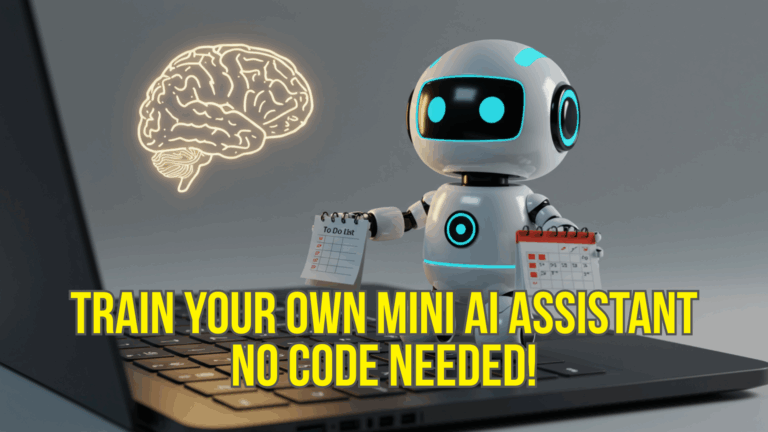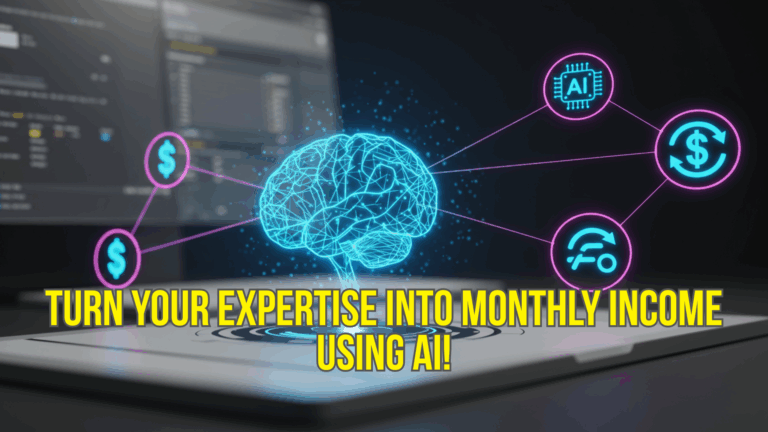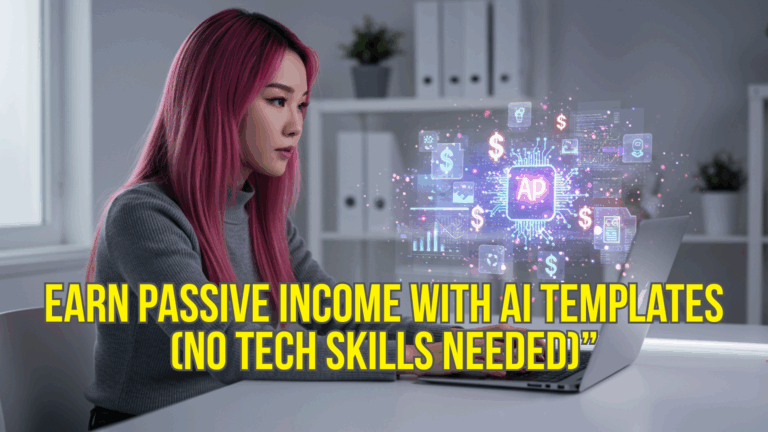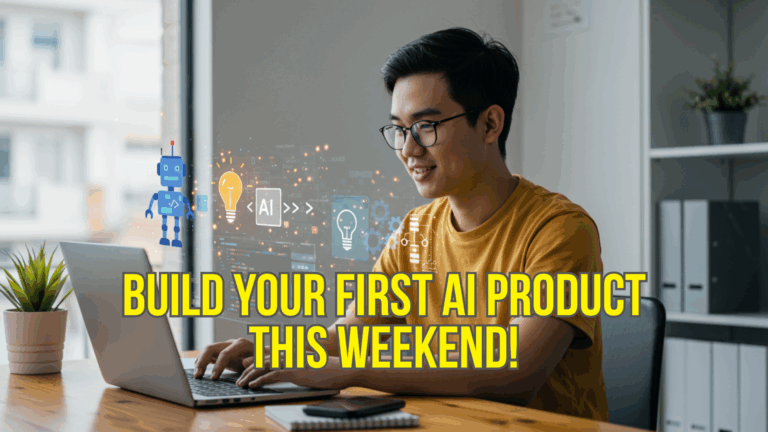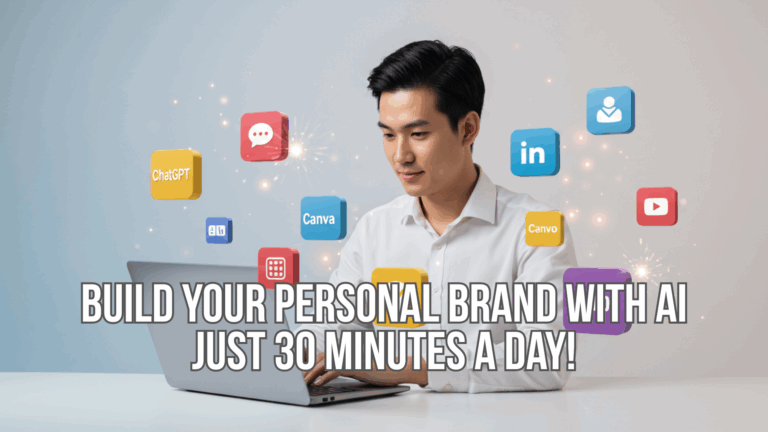How Smart Are AI Teachers? Testing the Future of Education
🎓 A New Kind of Classroom
Imagine this: You ask a question, and your teacher responds instantly — 24/7, with infinite patience and personalized guidance.
That’s not science fiction anymore. In 2025, AI teachers are becoming real players in classrooms, tutoring apps, and home learning setups.
But just how smart are they? And can they really replace human teachers?
🤖 What Are AI Teachers?
AI teachers are educational systems powered by artificial intelligence. They can:
- Explain concepts in simple terms
- Adapt lessons to your learning speed
- Quiz you in real time
- Give instant feedback
- Support multiple subjects, languages, and learning styles
They’re available in apps, websites, and even virtual classrooms.
Popular platforms include:
- Khanmigo (by Khan Academy)
- Socratic (by Google)
- Duolingo Max
- Sana Labs
- OpenAI’s ChatGPT + Education plugins
🧠 What Makes AI Teachers “Smart”?
AI teachers use large language models, like GPT, combined with learning science to:
- Understand complex questions
- Personalize responses based on your behavior
- Spot patterns in student performance
- Suggest improvement strategies
Some even simulate live conversations to make learning feel interactive — like chatting with a human tutor.
📚 How Do They Compare to Real Teachers?
| Feature | AI Teachers 🤖 | Human Teachers 👩🏫 |
|---|---|---|
| Availability | 24/7, global | Limited hours |
| Personalization | Algorithm-based | Experience + empathy |
| Subject Coverage | Wide, data-trained | Specializes by training |
| Emotional Support | Very low | High |
| Motivation & Discipline | Weak | Strong |
| Creativity in Teaching | Growing, but limited | Naturally flexible |
🏫 Where Are AI Teachers Being Used?
- Schools: As digital tutors and assistants
- Homeschooling: For full-day instruction and test prep
- College/University: To help with writing, research, and math
- Developing Countries: Filling teacher shortages with low-cost AI
Even professional training programs are using AI instructors for upskilling workers.
❓ Can AI Replace Real Teachers?
Short answer: Not entirely.
AI is great for:
- Repetition and drills
- Personalized practice
- Instant clarification
- Supporting large groups
But it struggles with:
- Emotional connection
- Inspiring creativity
- Classroom management
- Building long-term mentor relationships
That’s why many schools are moving toward a hybrid model — real teachers supported by smart AI tools.
🧑🎓 Real Stories: Students Speak
“I used AI to prep for my math finals. It explained things better than my textbook — and I could ask as many questions as I wanted.”
— Darren, 17, high school junior
“I still need my real teacher when I get stuck emotionally. AI helps me with the technical stuff, but people help me stay motivated.”
— Melissa, 15, online school student
🌍 What This Means for the Future
AI won’t replace teachers — it will transform teaching.
- Teachers become guides, not just content deliverers
- Students learn faster and more independently
- Education becomes more accessible worldwide
The smartest classrooms of the future? Likely a mix of both human warmth and machine precision.

